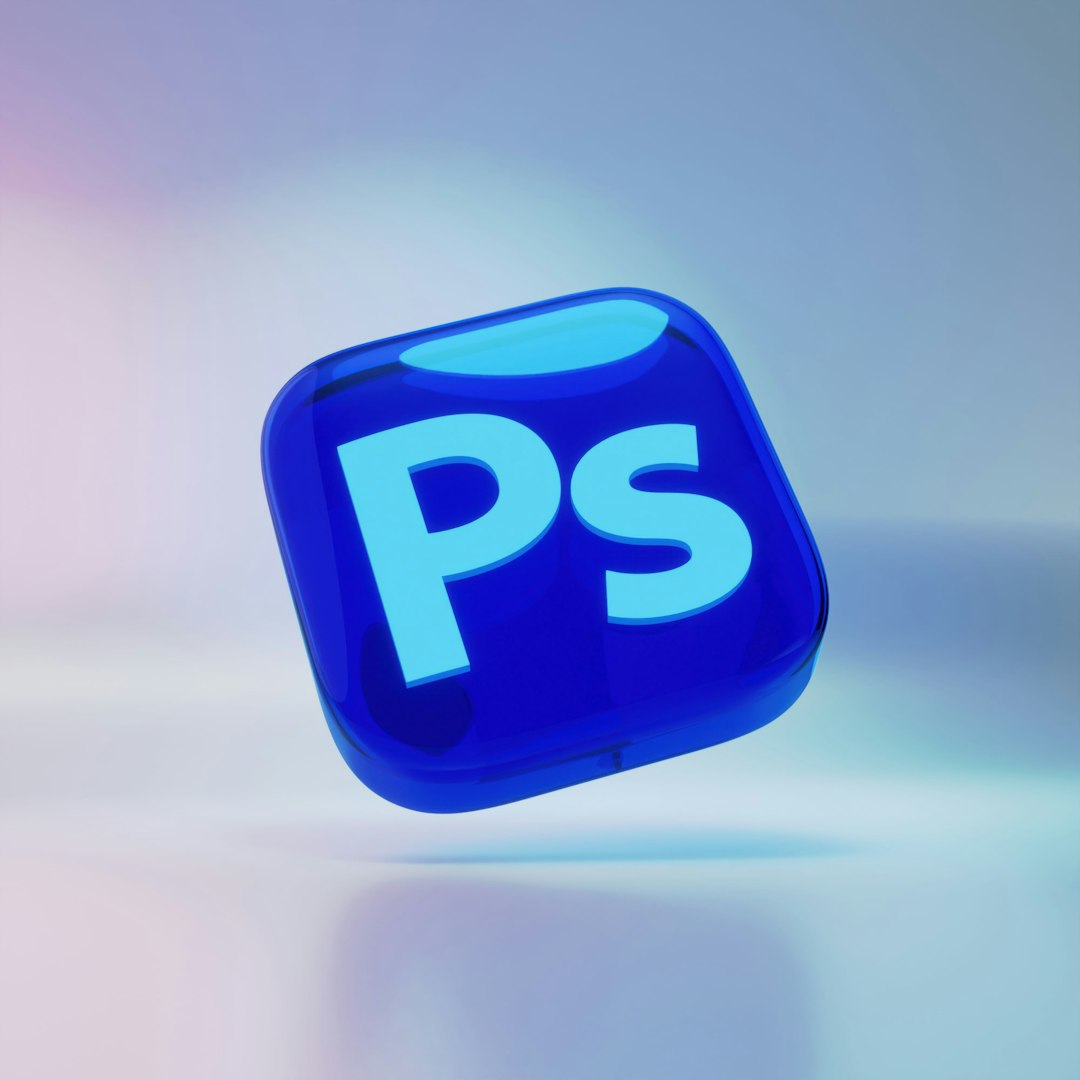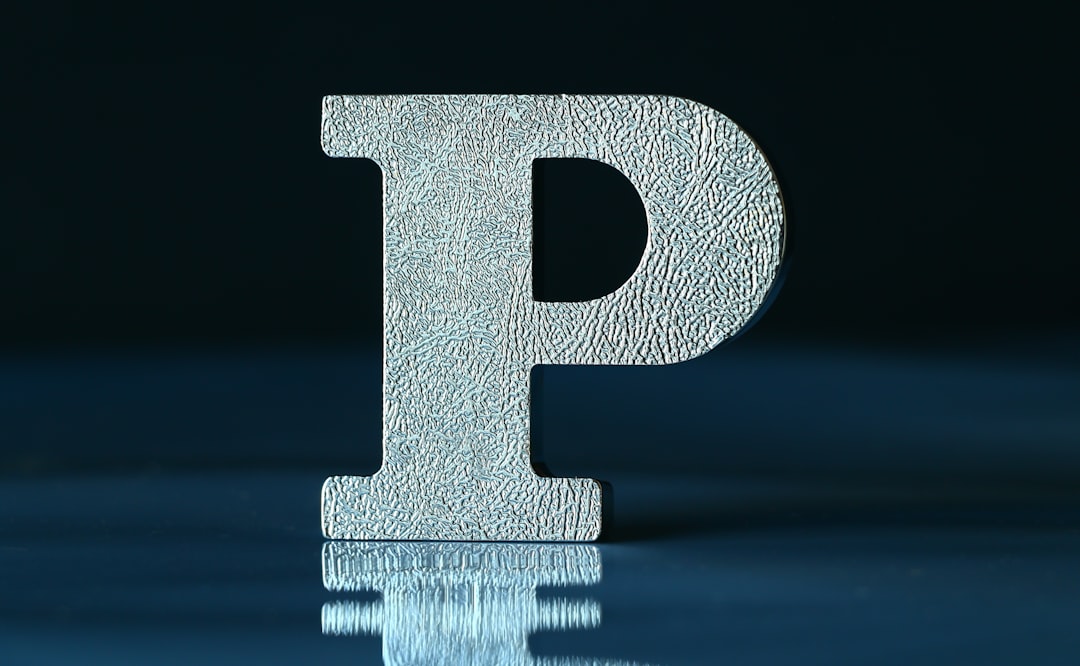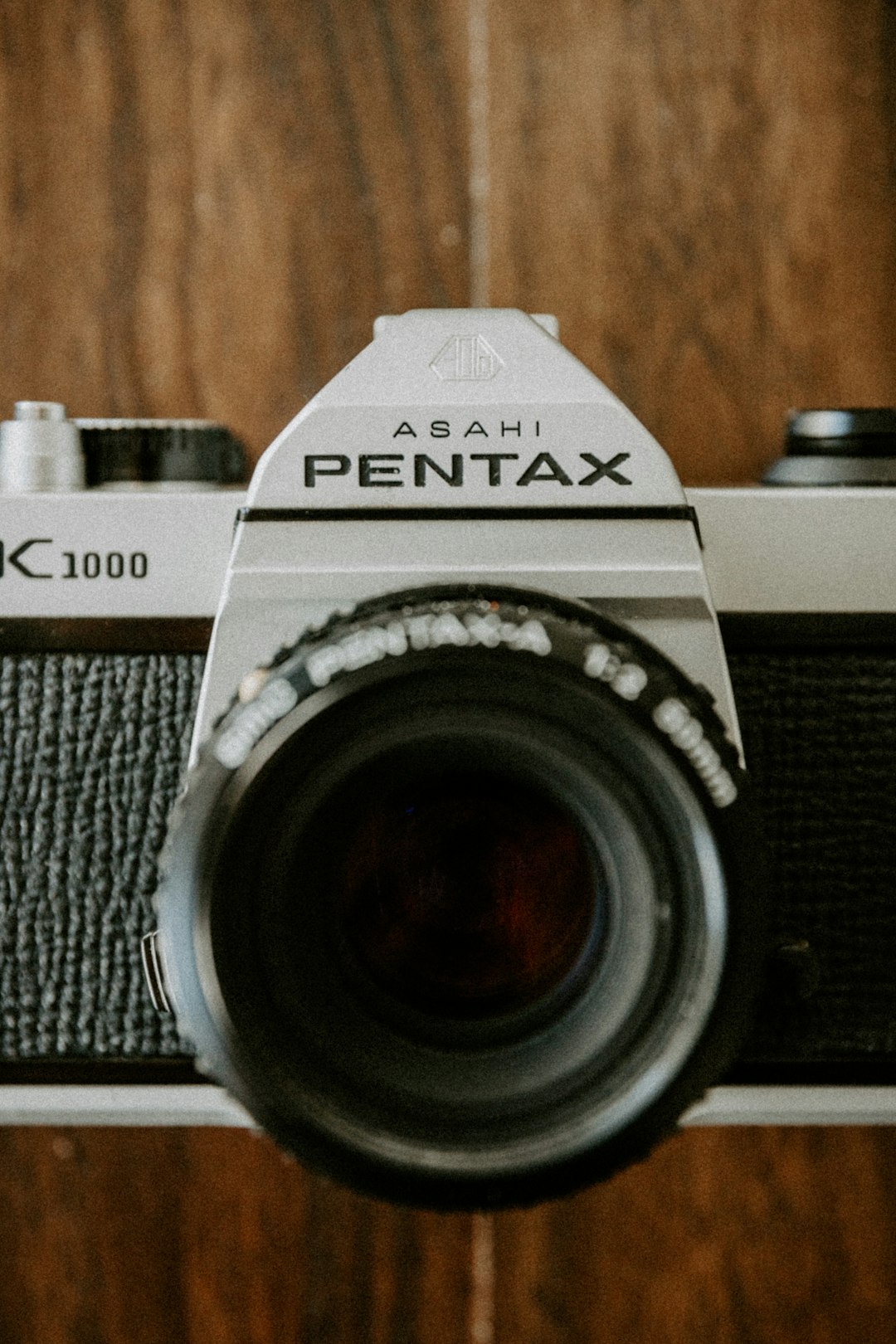Whether you’re a blogger, marketer, designer, or social media manager, the use of quality images is essential in making your content more appealing and effective. One of the most popular platforms for sourcing high-quality images is Pexels. However, the question that often arises is: Are Pexels images truly copyright-free? This article aims to break down the licensing structure of Pexels, explain what you can and cannot do with the photos and videos found there, and help you stay compliant with copyright law while using Pexels as a resource.
TL;DR (Too Long; Didn’t Read)
Pexels provides free stock photos and videos that are covered under the Pexels license, which allows personal and commercial use without the need for attribution. The images are not technically “copyright-free,” but Pexels gives you a broad license to use the content freely. You still can’t resell or redistribute the images unaltered or portray identifiable people in sensitive ways. Always check specifics if you plan complex or commercial projects.
What Does “Copyright-Free” Really Mean?
Before diving into Pexels’ specifics, it’s helpful to clarify what “copyright-free” actually means. The term is often misunderstood. In most cases, images are not truly free of copyright; rather, they are distributed under a license that permits their use under certain conditions. Common types of licenses include:
- Public Domain: Completely free to use with no restrictions.
- Creative Commons: Free to use but may have specific conditions such as attribution.
- Royalty-Free: You pay (or not) for the image and can use it multiple times without recurring fees, but some restrictions still apply.
The images on Pexels, while extremely permissive, are not classified as public domain. Instead, they are covered under the unique Pexels License, which we explain below.
What Is the Pexels License?
Pexels has its own licensing system known as the Pexels License. Under this license:
- All photos and videos on Pexels are free to use.
- No attribution is required. Though giving credit to the photographer or Pexels is appreciated, it is not mandatory.
- You can modify the photos and videos. Edits including cropping, resizing, adding text, or applying filters are allowed.
- Use is allowed for both commercial and non-commercial purposes.
This freedom makes Pexels one of the most accessible resources for royalty-free content online. But just because it’s free and flexible doesn’t mean there are no rules. Let’s look at the limitations.
What You Cannot Do with Pexels Content
Despite the seemingly open licensing, Pexels has some important restrictions designed to protect creators and subjects. Content from Pexels cannot be used in the following ways:
- Don’t sell unaltered copies of photos or videos. For example, don’t use photos “as-is” on physical goods like posters, prints, or T-shirts and sell them directly unless you make notable modifications.
- Don’t redistribute the content on other image platforms or stock photo websites as your own.
- Don’t portray identifiable people in a bad light or in a way that is offensive, such as using an image of someone in connection with controversial or sensitive topics without their explicit permission.

Although the Pexels license covers many use cases, remember that the photographer retains the copyright of the image. Therefore, permission is granted via the license, but ownership is not transferred to the user.
Are Pexels Images Safe for Commercial Use?
Yes—but with conditions. The vast majority of images and videos on Pexels are absolutely safe to use for commercial enterprises, including:
- Marketing campaigns
- Web design
- Product packaging (with modifications)
- Social media content
However, if you’re planning to use images for major advertising campaigns or on services that involve mass distribution, it’s wise to do a due diligence review or consult a legal professional. Pay special attention to:
- People in Photos: Pexels does not always guarantee a model release has been obtained for every photo. If your commercial use could suggest an endorsement or portray a person in a certain context, seek legal advice.
- Brand Logos or Trademarked Items: Avoid photos that prominently display protected logos, brand names, or other trademarked elements, unless you have express permission.
Can You Edit Pexels Images?
Absolutely. Pexels encourages users to customize content to suit their needs. You’re allowed to:
- Crop and resize
- Adjust colors and brightness
- Combine with other elements
- Add your own text or design overlays
Just remember that any edits should respect the integrity of the subject and must not violate any of the license restrictions—especially regarding portrayals of identifiable individuals.
Is Attribution Required?
No, attribution is not mandatory under the Pexels license. However, when feasible, giving credit to the original photographer and the Pexels platform is a courteous gesture that helps support and encourage creatives. Attribution might look like this:
Photo by John Doe from Pexels
This is particularly meaningful in community-based platforms where contributors offer their work for free.
Can You Use Pexels Images on YouTube or Social Media?
Yes, you can. Pexels content is allowed on all major platforms including:
- YouTube
- Twitter/X
Just be mindful again of how people or brands are represented in your content. Misuse—even if unintentional—can lead to copyright or privacy complaints.

The Difference Between Pexels and Other Free Stock sites
While other platforms like Unsplash and Pixabay offer similar types of content, each site has its own licensing terms. Here’s a quick comparison:
| Platform | License Type | Commercial Use | Attribution Required |
|---|---|---|---|
| Pexels | Pexels License | Yes | No |
| Unsplash | Unsplash License | Yes | No |
| Pixabay | Pixabay License | Yes | No |
While the basic permissions are similar, you’ll always want to check the fine print before embarking on a significant design or ad strategy based on stock content.
Final Thoughts: Proceed with Confidence—but Stay Informed
Pexels is a fantastic resource that offers high-quality images and videos under a very liberal license. While it’s not entirely “copyright-free” in the technical sense, the Pexels License gives you extensive rights without vague legal jargon or complex conditions. That said, users must act responsibly and ethically to avoid violating the terms of use or others’ rights.
If you’re a content creator, marketer, or business owner, Pexels provides a risk-conscious way to access beautiful visuals. Just make sure to:
- Understand the terms of the Pexels License
- Avoid misuse, especially of images involving people
- Consider attribution as a best practice
- Stay updated on any licensing updates on the Pexels site

Used wisely, Pexels can be an incredibly valuable tool in your creative or professional toolkit.

